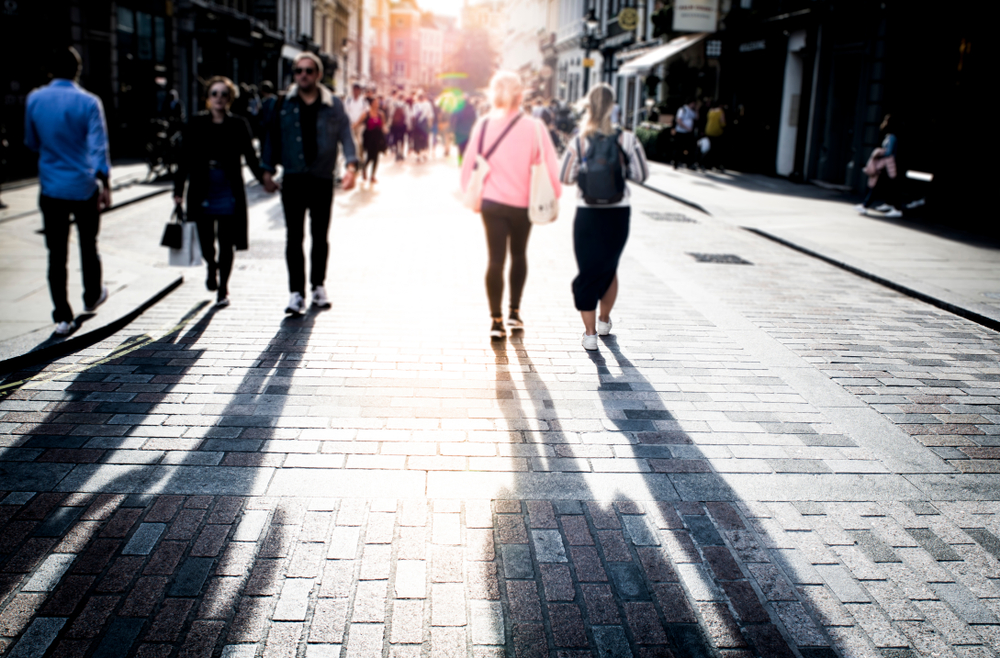Household Bills
High streets see footfall drop in July as wet weather keeps shoppers at home

Guest Author:
Peter TabernerThe number of people venturing out to go shopping fell in July as one of the wettest months on record discouraged consumers, research from a retail analyst said.
Springboard found that there was a decline in footfall of 0.3% in July, and this was the first time in 14 years that footfall had suffered in this month. One of the main reasons was this July was the sixth wettest for this month on record since 1836, with 140.1 mm of rain, according to provisional data from the Met Office.
This was alongside the continued higher cost of living and persistent rail disruptions, which also proved to be huge turn-offs for shoppers looking for summer deals.
High streets were found to be hit the hardest the survey uncovered, while, in contrast, shopping centres and retail parks saw in increase in visitors.
Shoppers could stay away even if weather improves
Springboard also warned that even if the weather picks up in the second half of the summer it would not necessarily mean the situation would improve, as thoughts turn towards the festive season.
Diane Wherl, a leading expert for Springboard said: “It is inevitable that consumers’ attention will now turn towards planning for Christmas spending, which may well dampen footfall further in the latter part of the summer.”

Wellness and wellbeing holidays: Travel insurance is essential for your peace of mind
Out of the pandemic lockdowns, there’s a greater emphasis on wellbeing and wellness, with
Sponsored by Post Office
She also concluded that due to the constant rainy weather picture, shoppers have headed to the covered environs of either shopping centres or retail parks. They are popular in wet weather as they are retail outlets that are easily accessible by car.
Coastal town high streets were especially hit hard, Wherl commented, as they saw a footfall drop of 4.6%, with the weather keeping many away from the beach.
The rises in mortgage payments has also been an issue, with consumers more cautious as a result of the increases.
Wherl added that this had “begun to seep into people’s finances putting a serious squeeze on everyone”.